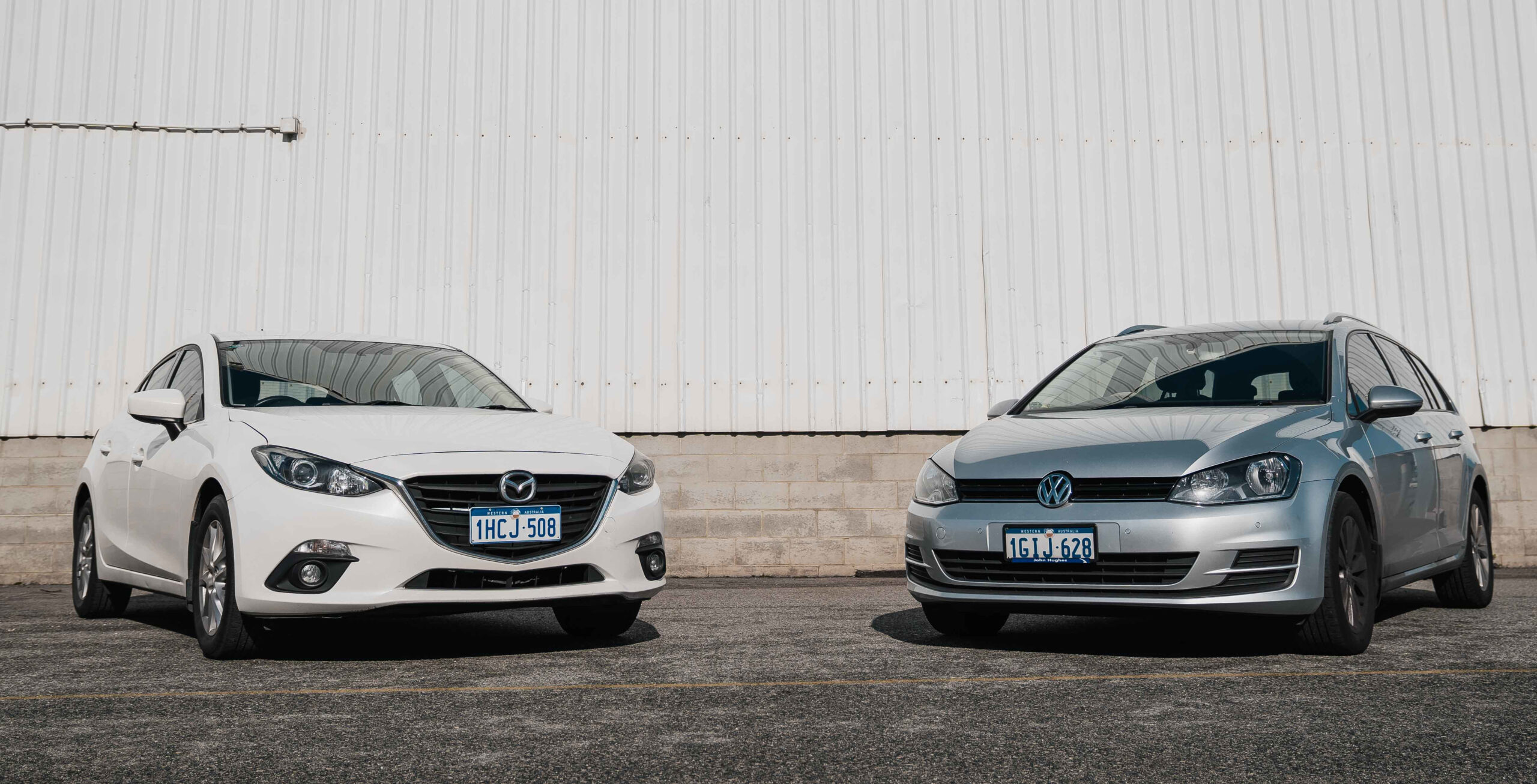Regarding buying a used car, one of the most critical factors that can significantly influence a vehicle's value is its mileage. For many potential buyers, comprehending how mileage impacts pricing and overall worth is essential to making an informed purchase. As cars gather miles, they not only experience wear and tear but may also suggest the potential for future maintenance and repair needs. Therefore, knowing how to evaluate a car's mileage alongside other crucial factors can help buyers not get cheated and ensure they invest wisely.
In this article, we will explore the influence of mileage on used car value, examining key considerations that every buyer should keep in mind. From deciphering how mileage correlates with depreciation to recognizing the significance of a used car inspection, we aim to equip you with the insight necessary for navigating the used car market with confidence. Whether you're looking for the top vehicles under ten thousand dollars or considering the perks of certified pre-owned options, understanding the nuances of mileage will empower you to make the best choice at the appropriate price.
Purchasing Guidelines for Used Cars
As shopping for a used car, it is important to do your homework ahead of time. Educate yourself with the current value of the specific model and make you are considering. Websites like Kelley Blue Book and Edmunds are great resources for evaluating costs and learning how mileage affects pricing. Understanding the average price spectrum will help you identify if a listing is reasonable or overpriced.
Always examine the vehicle thoroughly. There are a number of essential things to check prior to buying a used vehicle, including the condition of the tires, stopping system, and engine. Look for signs of deterioration, and do not think twice to ask for a comprehensive vehicle history report. This report can uncover important details about past accidents, maintenance records, and whether the car has ever been totaled.
Getting a prior to purchase inspection from a reliable expert can save you from future problems. This professional evaluation can detect hidden issues that might not be visible during a quick inspection. Be used cars for sale Abroath Angus to assemble all the necessary paperwork, including maintenance logs and vehicle titles. Knowing what to expect from a used car inspection will provide you with greater confidence in your buying decision.
Understanding Used Car Value

The price of a pre-owned car is primarily affected by several key elements, with mileage being a of the most significant factors. Generally, the greater miles a car has, the lower its worth. This is because more mileage often is associated with increased deterioration, leading to potential maintenance issues for buyers. Understanding how mileage affects value can help buyers make wise purchasing choices and bargain more favorable prices.
Another important aspect of pre-owned car worth is the automobile's overall condition, which entails both functional and aesthetic factors. While mileage informs potential buyers about how heavily a car has been operated, the state can add or detract from its price significantly. A well-maintained car with higher mileage may still fetch a favorable price if it is in excellent condition, whereas a less driven vehicle with bad care may be worth considerably less.
In furthermore to miles driven and condition, used car value is also affected by market dynamics and demand. Certain vehicles retain their worth better due to high demand and dependability, while others drop in value more rapidly. For instance, SUVs and trucks often command greater resale worth due to their functionality and interest among customers. Realizing how these dynamics function can help buyers grasp what they should expect when purchasing or trading a second-hand car.
Maintenance and Protection Considerations
When having a used car, care is crucial to ensure lifespan and reliability. Regular upkeep can help minimize maintenance expenses and keep the vehicle operating seamlessly. It's vital to develop a routine service schedule, which includes oil changes, tire servicing, and brake inspections. Additionally, inspecting fluids, filters, and belts can avert larger issues down the line. Understanding a specific used car's maintenance history can provide information into potential future expenses and point out any warning signs that may point to a problem.
Protection is another key aspect to keep in mind when acquiring a used vehicle. Different models come with different coverage costs based on their safety ratings, repair costs, and risk of theft. It's smart to obtain quotes from multiple insurers to find the best protection at an affordable rate. Additionally, some lenders may require full coverage, while others might permit liability insurance, depending on the car's worth. Evaluating your coverage choices in tandem with the purchase price can help you establish a realistic budget.
Choosing an additional warranty or maintenance plan could also be advantageous for a used car owner. These plans can offer additional assurance, covering unexpected fixes beyond the manufacturer's warranty. However, it's important to carefully analyze the terms and conditions to ensure you're obtaining the right coverage for your requirements. Balancing maintenance, coverage, and warranty options is crucial for managing costs and ensuring your used car remains a trustworthy investment.
